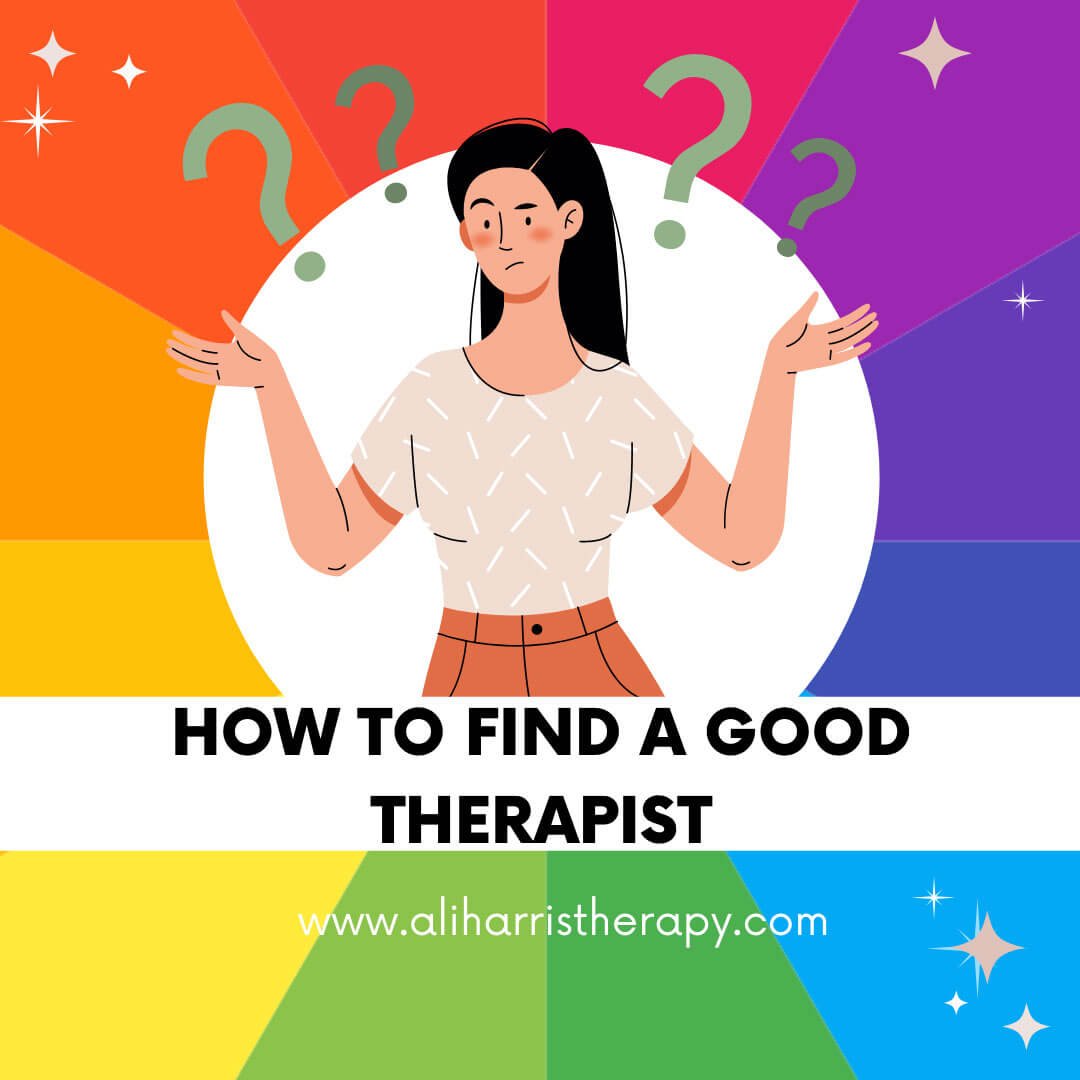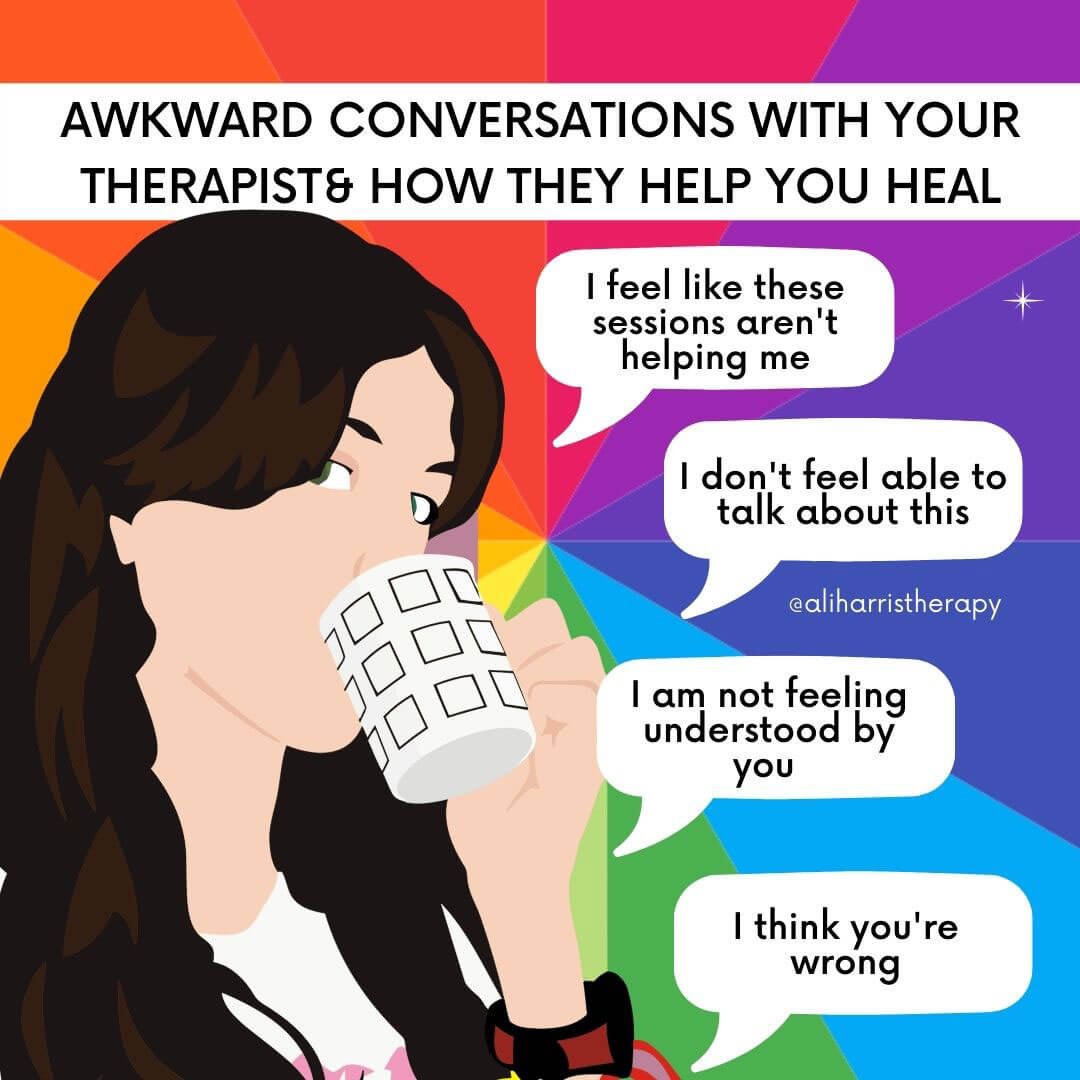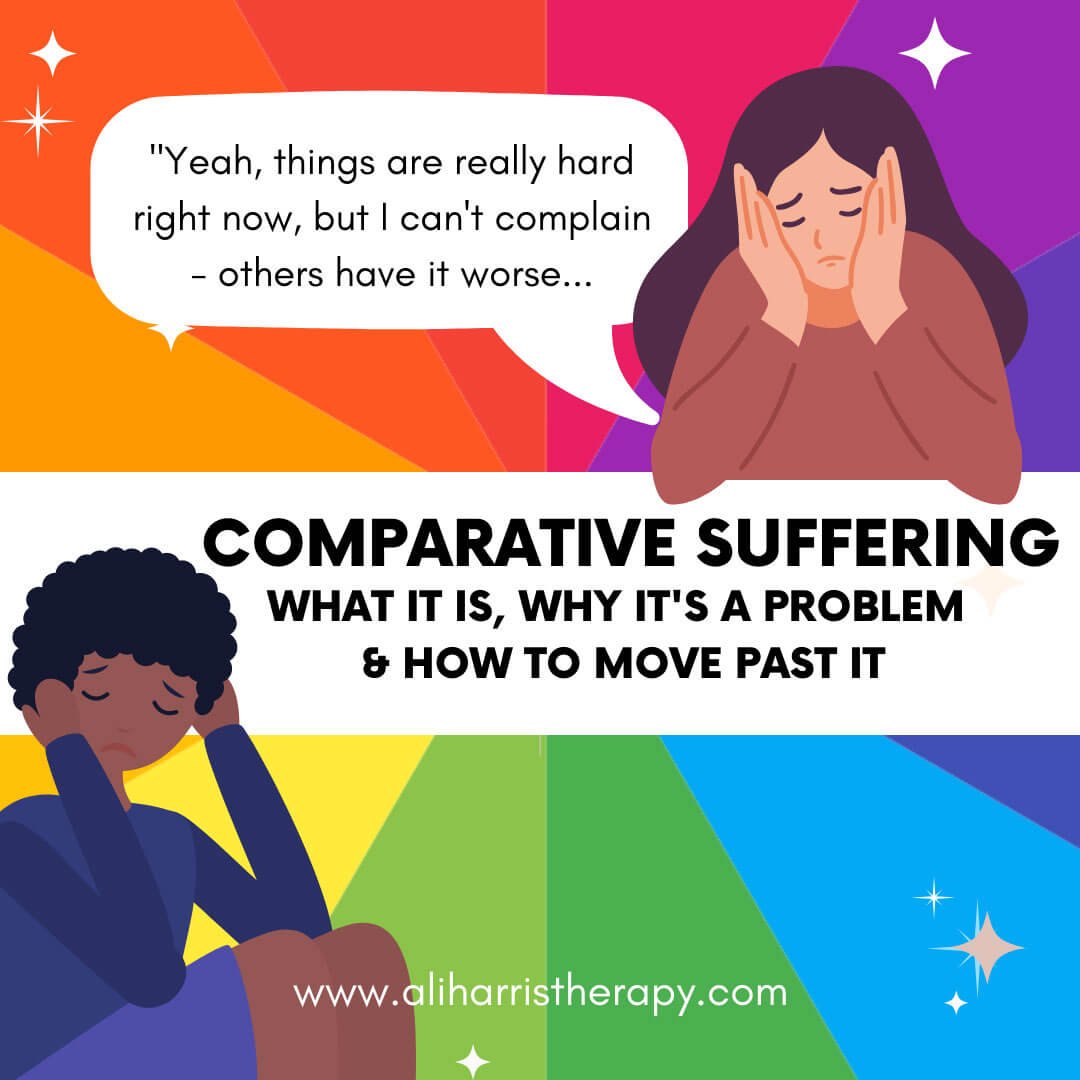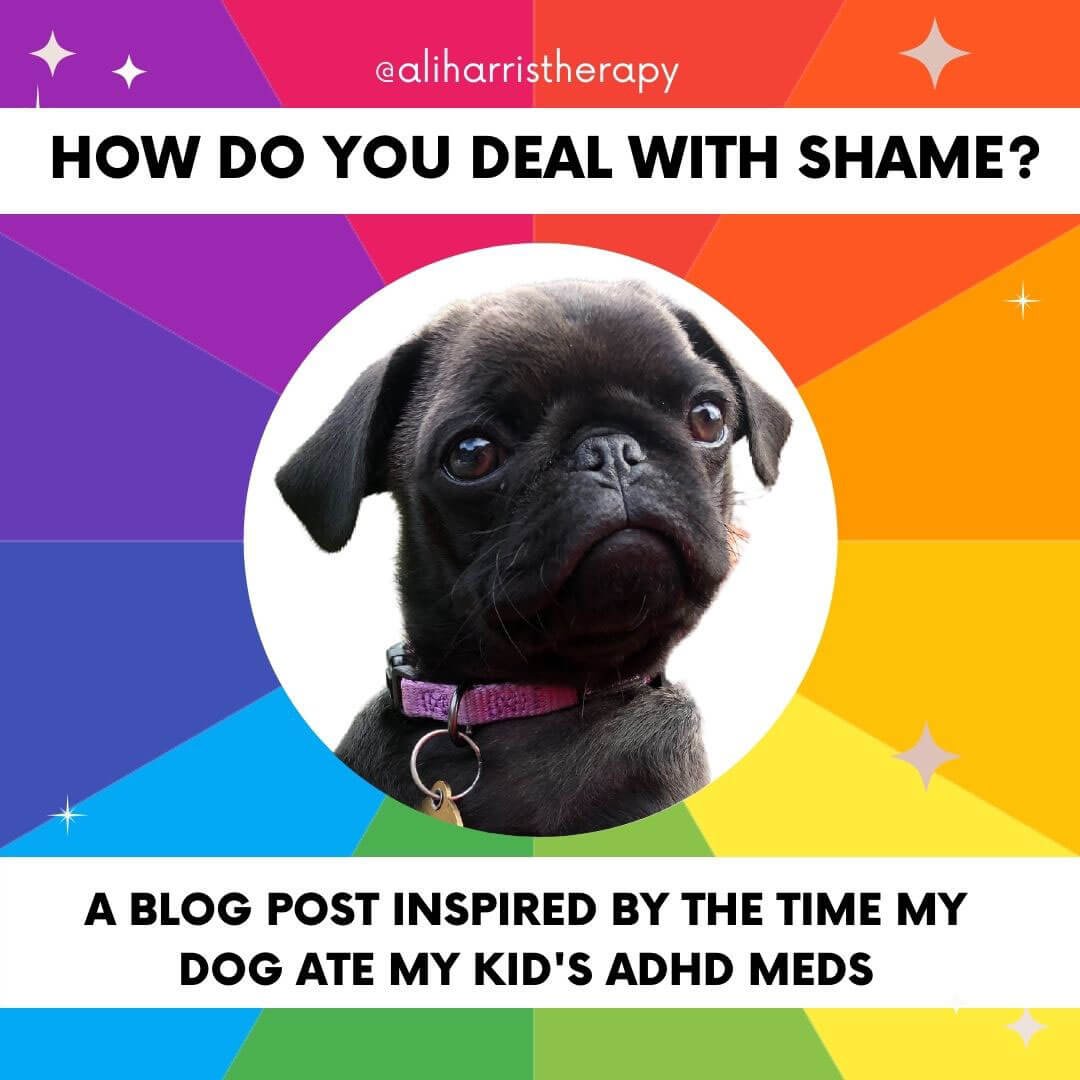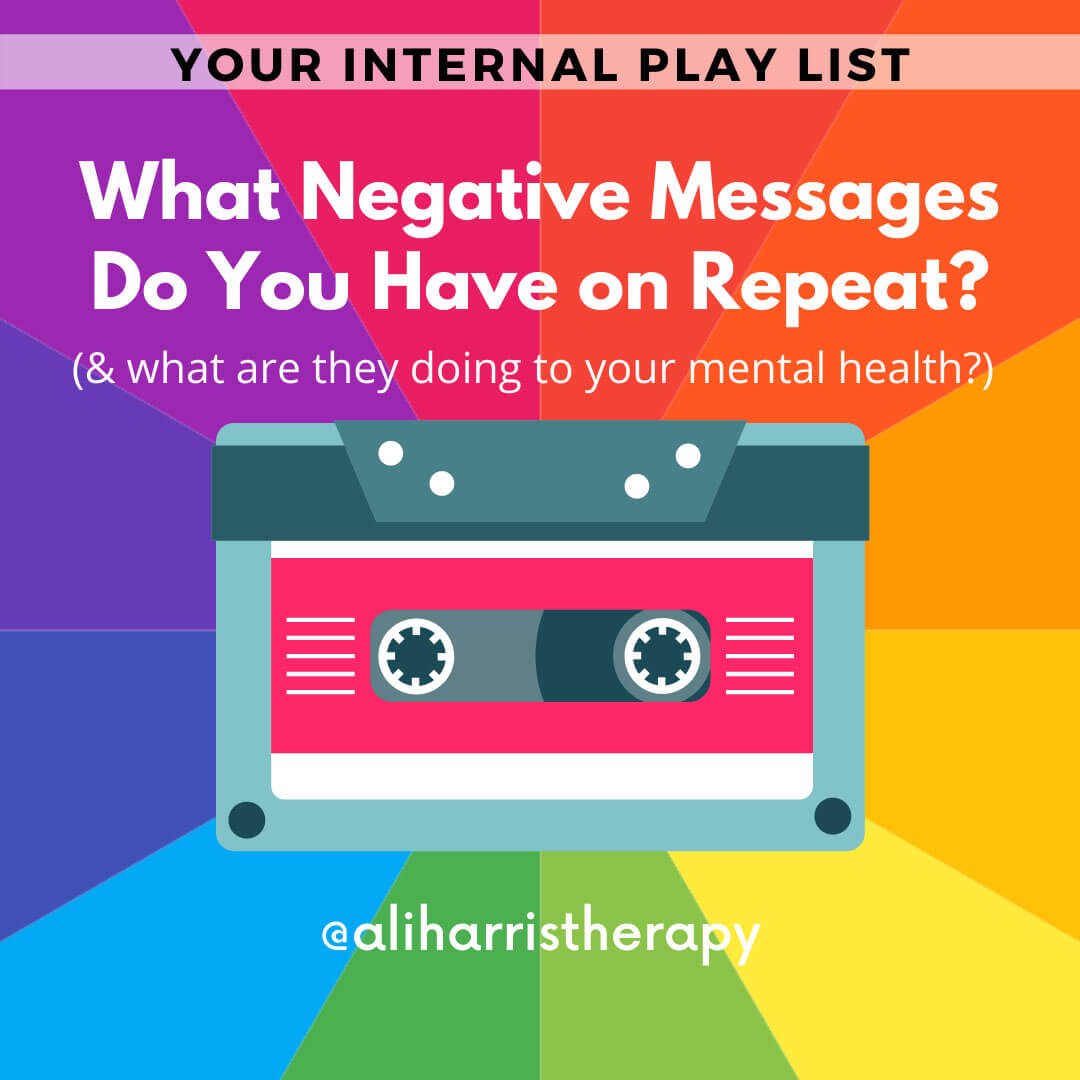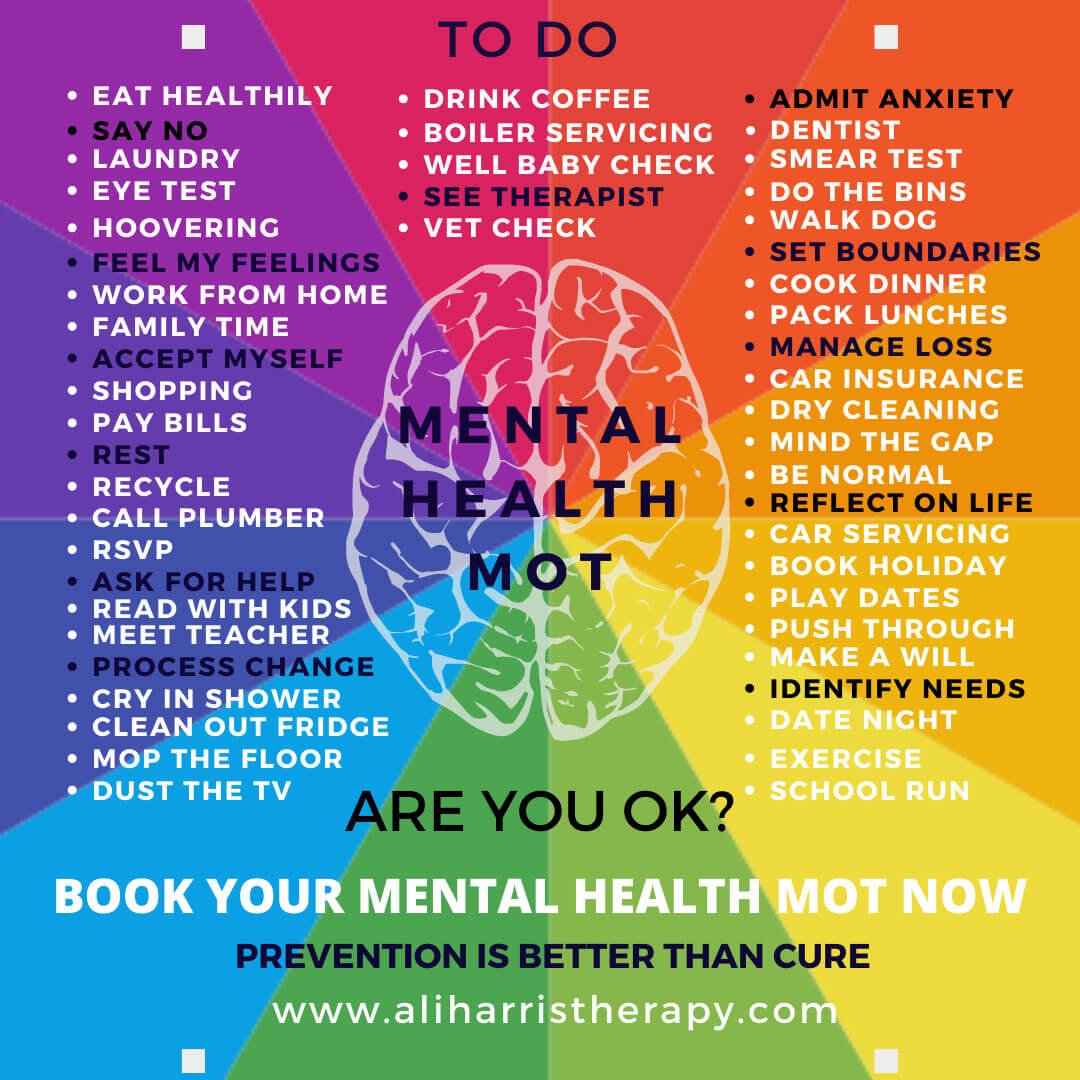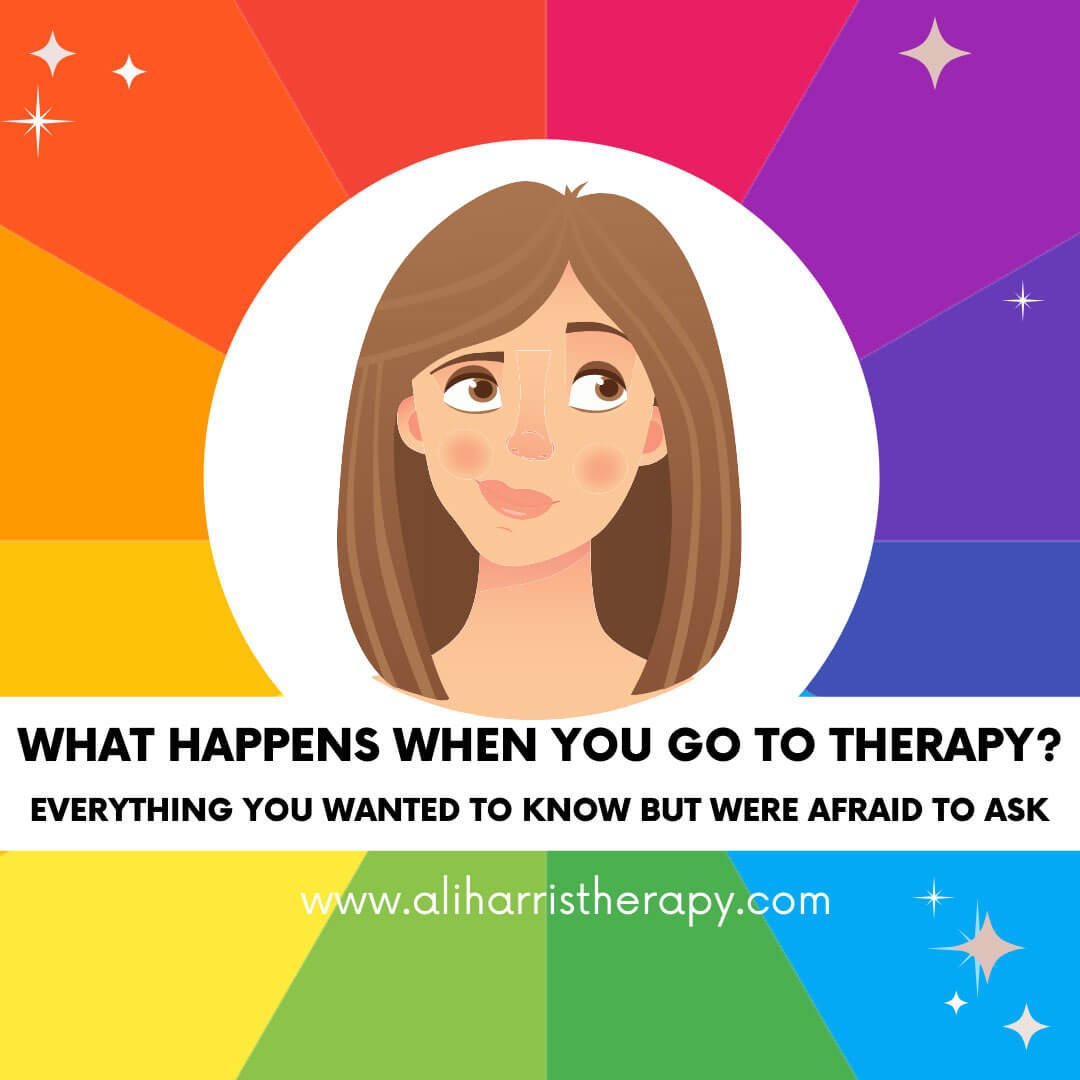How to find a good therapist
Finding a good therapist can feel like a mammoth task when you first decide to ask for help. There are so many out there, how do you pick the one who’s right for you?
Some people feel that it’s better to use friends and family for emotional support than a therapist. It can feel easier to open up to someone you already have a good relationship with.
While it’s certainly true that friends and family can be a WONDERFUL source of emotional support, it’s often only up to a point. In this blog, I’ll explain why a qualified therapist who you feel comfortable talking to is a much better option. I’ll also help you figure out how to find the therapist for you.
Why your friend isn’t a substitute for a counsellor
Most people are not trained to listen and stay with another person’s serious, long-term emotional discomfort. This means they certainly can’t help others manage and resolve its negative effects.
Those who’ve never struggled with their mental health can become distressed or upset during conversations about dark or difficult thoughts. As you can imagine, this isn’t great if you’re looking for help and advice about how to manage these issues.
What’s more, other people often don’t know what to do or say in conversations like these. They can accidentally make you feel worse or shut you down in their (inadvertent) hurry to soothe their discomfort.
If this happens, you could end up either pretending to be ok, or comforting the other person. It’s not a helpful or productive way to manage your emotional challenges, and can even make them worse.
What if they’re great at talking about feelings?
Sometimes we can find people in our lives that can manage to listen well when we’re struggling. But there are still things that can go wrong by speaking to them like a therapist.
For example, there might be a fear that continually using them as a sounding board and/or shoulder to cry on could:
Make them worry about you all the time
Change how they see you
Start to avoid you
Sour the relationship
When you’re already in a vulnerable place emotionally, adding these worries on top could make things worse.
Additionally, the same concerns exist with these people as those who aren’t so comfortable talking about feelings. Just because someone seems to be able to hold a conversation about emotions and feelings, there is still a risk that they could accidentally make things worse, even with a well-intentioned comment.
So, if talking to a family member or friend isn’t going to cut it, what is it that makes a therapist so much better than someone you know?
Here’s why it’s important to find a good therapist
A good therapist will have done years of work to be able to manage discomfort - both yours and their own. You can feel secure bringing any of your darkest, most upsetting thoughts and feelings into the conversation. Whatever it might be, your therapist will be able to calmly and confidently help you work through those feelings.
They’ll also be able to hold space for you without needing you to do the same for them. The nature of your relationship with them means that you’ll never feel indebted to them as you might a friend or relative. When you walk into the room (or the Zoom call) with your therapist, that time is yours, and yours alone.
Finally, your therapist will be outside your social circle. You’ll never have to see them in a social context where you might worry about what they think of you or if they might be avoiding you. Instead, you’ll come away from every chat feeling supported and accepted.
Friends and family can be a vital, additional comfort in times of trouble. But sometimes you just need to talk to someone qualified, experienced, and bound by confidentiality. It’s the best way to gain perspective: a safe and judgement-free place to talk honestly so that you can take the time to heal.
How to find the right therapist for you
Before you hire a therapist, there are a few things you need to check. Top of the list: please make sure they’re qualified to help you.
I’ve seen an alarming upswing recently in the number of self-appointed, completely unqualified individuals who seem to think they can do a weekend course and set up a practice. To avoid falling into this trap, don’t be afraid to really interview your prospective therapist.
Where did they train?
For how long?
Which regulatory body are they with?
Do they have an up-to-date DBS?
How much clinical experience have they had?
How much personal therapy have they had themselves?
The relationship between you and your therapist is super important - but they do actually need more than half a clue about what they’re doing to help you safely and effectively.
What kind of therapist do I need?
There's a lot of chat about whether you should see a counsellor or a psychotherapist, but actually what's more important than the way a therapist works is that they are your kind of person.
Once you’ve checked that you’re happy with the answers to these questions, the next thing to check is whether they are the right person for you. Do you feel comfortable talking to them? Are your chats helping you to feel better? Sometimes it takes a few tries to find the person you feel really comfortable with. So if the relationship doesn’t feel right to start with, there’s no harm in talking to someone new.
Would you like to find out if we’d be a good fit?
If you’d like to find out more about working with me, why not book a call to talk about it?
An initial chat is free, lasts 60 minutes and gives you a chance to find out if I am someone you could really talk to.
Click here to book now.
Or, if you’re not quite ready for that, why not check out my Facebook page? That’s where I share posts about how I work and where I post help and advice for managing your emotions. It could help you get to know me so that you can decide whether you’d like to take the next step.
Self-Love Quiz
Self-love is the foundation of mental health, which is why I created the self-love quiz – to help you measure you self-love level & help you learn how to improve your mental health, so that you can create a happier, more satisfying life!

